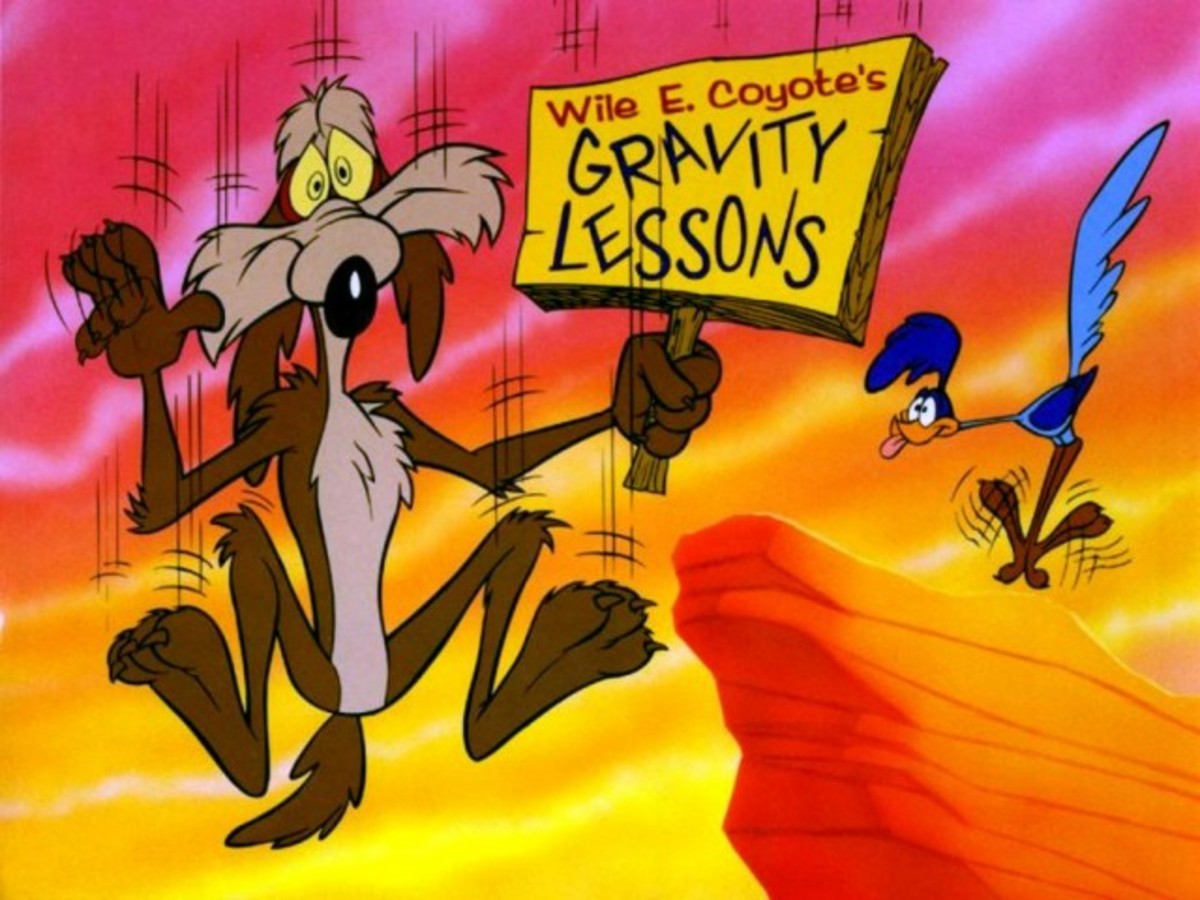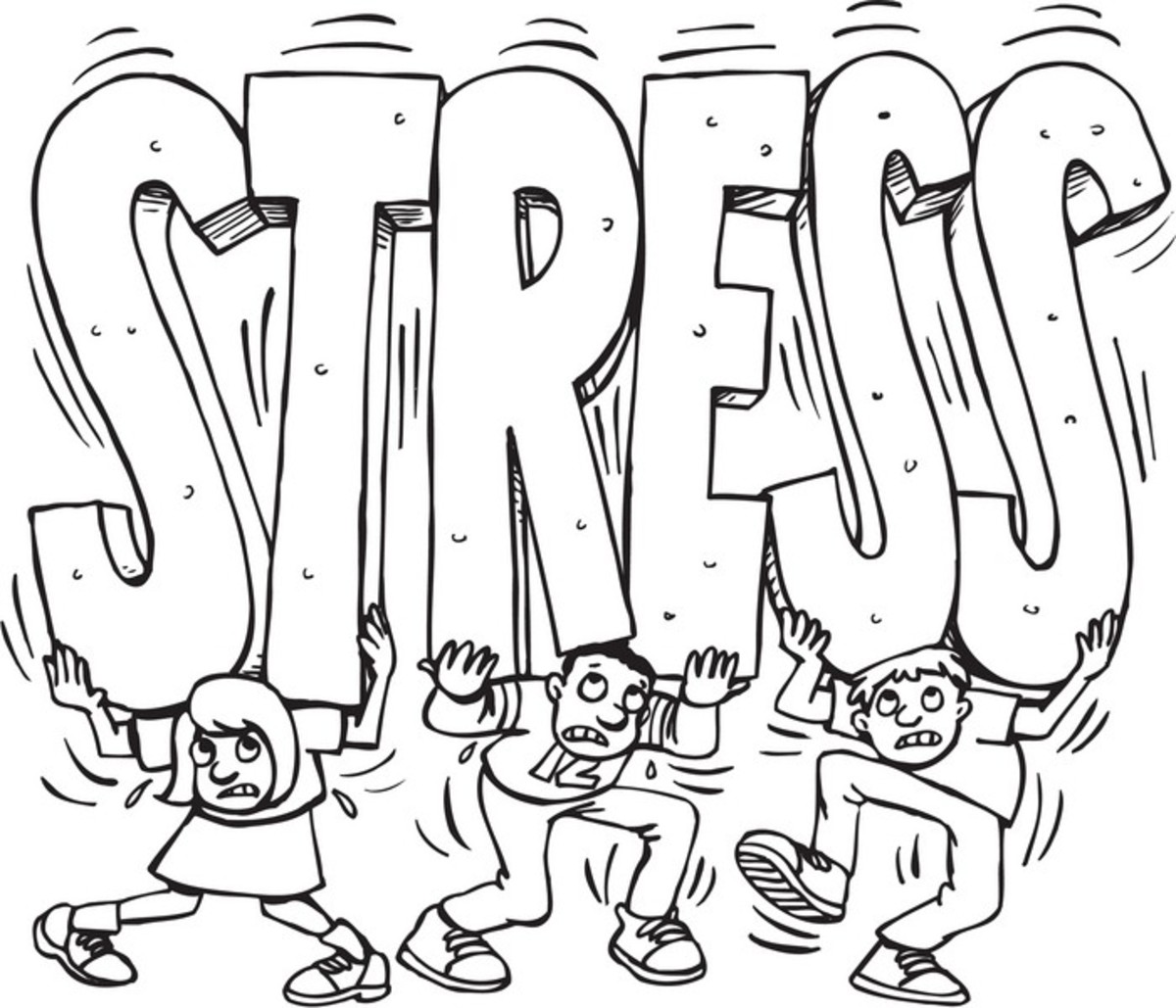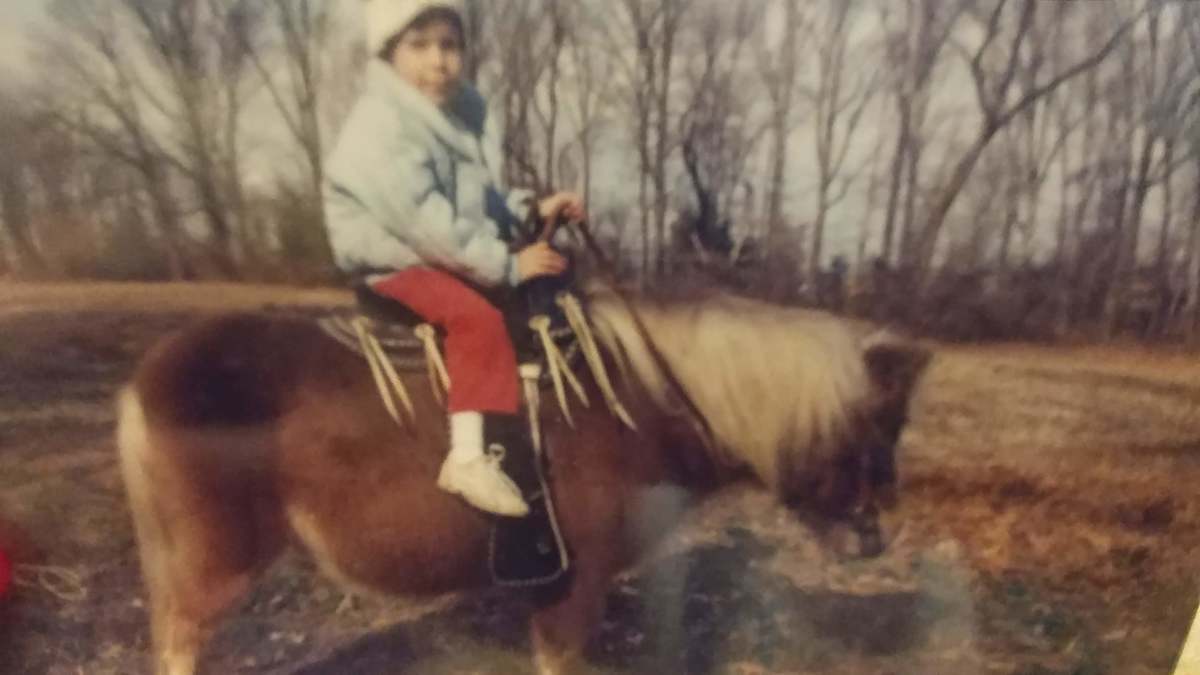How to Write an Effective Relapse Prevention Plan for Adults
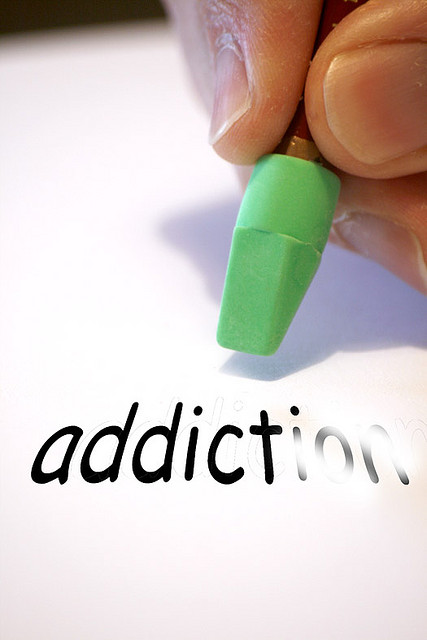
Your Recovery
Writing a relapse prevention plan (RPP) is a fairly simple task when considering the steps involved with the process. The most difficult part for many people completing counseling is digging deep and being truthful with yourself because that is the only way a plan will be effective. Working in addictions for the past seven years has increased my knowledge of what is effective and what is not when writing a solid plan. My hope is that you can gain insight and some tips to use when you are crafting your plan so that long term sobriety is attainable.
Many addiction counseling agencies have their own RPP they administer to clients however this plan I wil outline is a comprehensive one that can supplement what you currently have or are working on.
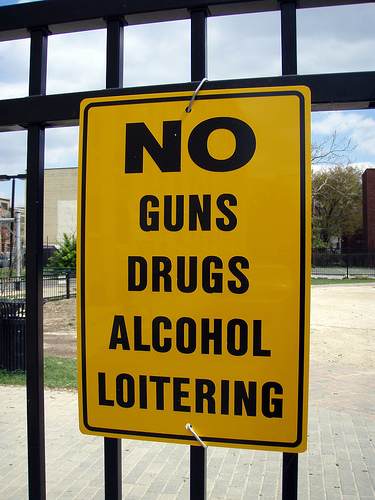
Initial Steps
The first component I would suggest is crafting a statement that will remind you that all things are not in your control. This statement will serve you in the event a trigger arises or a major life event occurs that is out of your control because addicts like to have control of everything in his/her environment and when that can’t occur, stress occurs and relapse is just around the corner. Reading this statement should illicit a moment of clarity to your situation and remind you that it’s alright to give up control over certain situations.
The next components I would spend a considerable amount of time on are warning signs and triggers. Warning signs are the precursors to triggers. For instance, an old friend invites you to a party where your drug of choice will be present in abundance. The trigger of course would be the party and being around the same old people and the drug itself. The warning sign would be the old friend still in your phone’s contact list! Another example would be is if a person writes that depression is a trigger for relapse, which is very vague and I’ll address later, but you must look at what causes the depression. Is it biological deficiency, a certain relationship, a specific person? The more detailed this plan is, the better it will serve you in dire situations.

Warning Signs and Triggers
One issue that I have discovered over the years with RPPs is clients tend to be lazy and vague with triggers. Simply listing depression or old friends is not enough! You must be specific to situations and people that cause you start considering relapse. List specific places, people, events, emotions such as anger, and situations that could cause you to lose sobriety because the more specific you are the better this plan will serve you. If you’re fighting to save your life from addiction then this should be a no brainer.
Use the table below as a reference point when putting together this portion of your plan. List the warning sign and then the triggers across from it so that it’s simple and an easy reference. Whenever you’re faced with a possible relapse situation, pull this list out and review it, think about it and add the new stressor if it’s not already listed. As you move along in your recovery you will find that your list of warning signs and triggers will be lengthy at first but then over time you will start crossing off triggers because they are no longer pertinent to your life or they no longer trigger cravings.
Warning Signs Vs. Triggers for Relapse
Warning Signs
| Triggers
|
|---|---|
Old friend calling/ phone number in my phone
| Hanging out with old friends
|
Driving the same route
| Driving past a bar on my way home from work
|
Turning down jobs that may not be what I like right now
| Depression that I'm not working
|
Limiting or discontinuing contact
| My ex-wife/girlfriend
|

Setting Up Your Support Network
Another portion that should be included in this plan is tools you’ve learned during your time in counseling. These could consist of self-talk, thinking reports, basic problem solving techniques, or meditation methods. Pick five to six of your favorite tools that you have actually used in real life situations and have proven their effectiveness. These tools can be referenced when faced with one of your warning signs and triggers and used in conjunction with your support network whether it be a sponsor, family member, friend, or pastor. These tools are essential for your recovery in the beginning and if you don’t include them, your counseling was essentially meaningless. You only retain a very small percentage of information you hear during group and individual sessions, so if you don’t write down the tools that work for you and use them, then you might as well save up more money to attend more cycles of counseling until your brain retains 100% of the information.
The last part of your RPP should include a telephone directory of people in your support network. It’s probably easier if I explain what type of person not to have in this contact list than to explain whom to add.
- Do not add old friends that have been sober for less than two to three years.
- Do not add people you have any animosity towards because you won’t call him/her if you’re in trouble.
- Do not add people that you have not gained permission from to help you.
- Do not add people that will enable you and give you excuses to use. You want someone that is respectful, tactful and direct.
This is not an exhaustive list so use your best judgment. The purpose of this contact list is to have access to support for you when you are facing a potential relapse. You must contact someone from this list as soon as you come into contact with one of your warning signs. If you wait until it becomes a trigger, then the chances of relapsing are much greater. You want people on this list that have your best interests at heart and genuinely want you to succeed, not someone that owes you a favor.

How to Use the Relapse Prevention Plan
This relapse prevention plan should be printed off with a copy near your bed, in your car, with you at work (if possible) and anywhere else you made need it. Also, keep a digital copy either in your cell phone or on your computer. The point is this document should be accessible to you at any point during the day or night for several months or years. As you live life on life’s terms your need for it will probably diminish but it should be readily accessible. If you recently completed counseling then I would suggest reviewing this plan every 30-60 days for awhile until you’re able to maintain a year of sobriety. After that, consult with your support network or counselor. These rules are not set in stone, but more of a general guideline. Obviously if you have been using heroin for the past ten years, then it would be a good idea to view this plan more often for a longer duration. Use your best sober judgment and keep moving forward.

